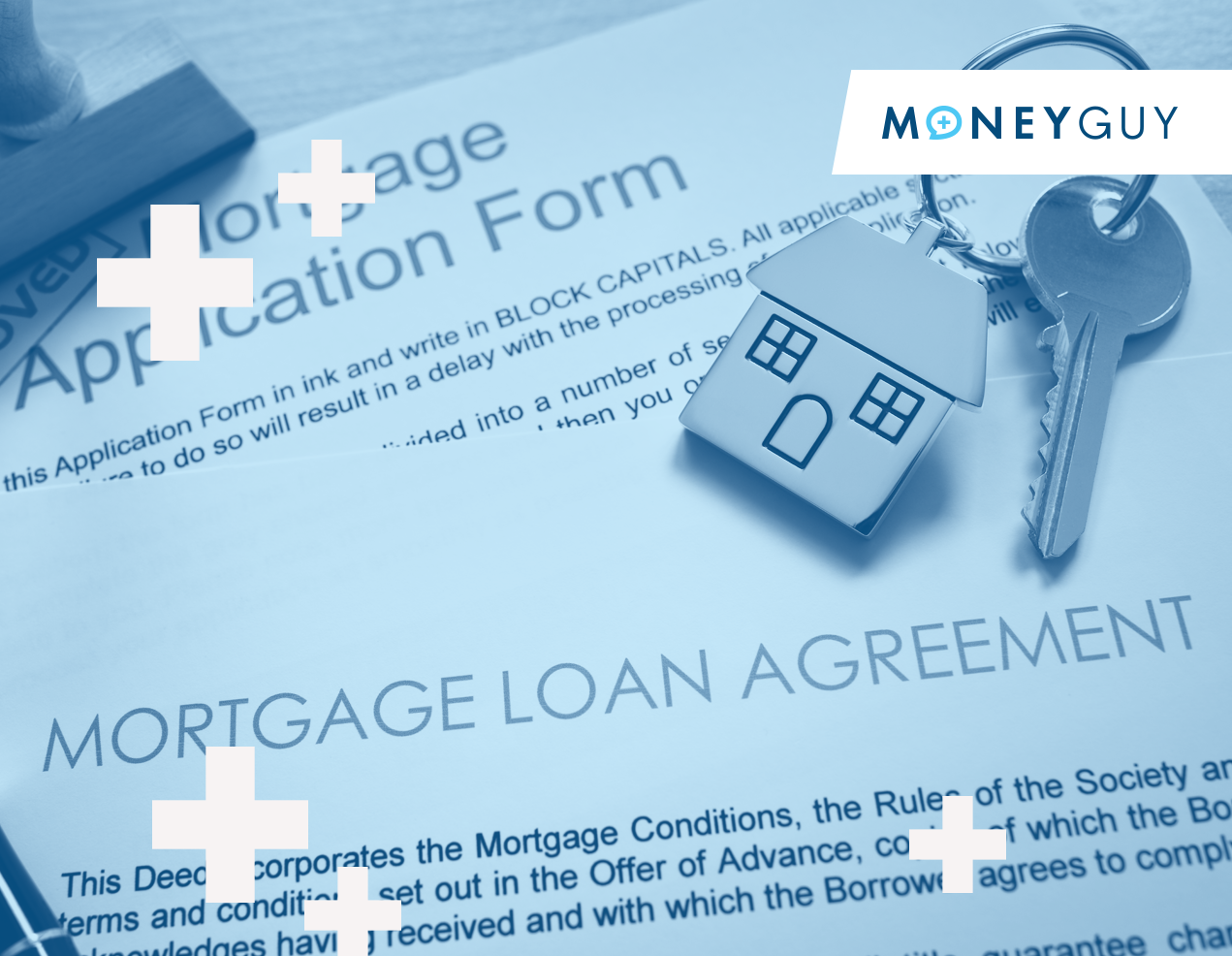We're going to start with L's question. It says, "If we are considering upgrading our house, is it recommended that we sell our current house and then use the proceeds as a down payment, or should we keep it as an investment property and just save the 20% and then pay 20% down on the next house? What do you think?" Like, is there a way that she should be thinking about how to maximize? Well, the answer to the question is, either one of those could be true, and we've actually seen both of them play out practically really well.
Someone decides they want to upgrade into their second home; they need a 20% down payment. That 20% has come from equity they've built in their current home, so they sell the current home, use a portion of that as a down payment, then move to the next one. Nothing wrong with that; that's great. That's kind of like the standard operating procedure. However, there are some folks who say, "You know what, the house I got was great, and it was a wonderful first-time home, and we've done well financially. So we've built up some resources, and I can come up with the 20% without selling it. Or maybe I bought this house, and the area around it blew up, and there's even more growth to come, and I just don't want to walk away from it." So, you decide, "Hey, I'm going to keep that, turn it into a rental property." There's nothing wrong with that either.
I think what you have to assess is, for you, it depends on your specific situation, your specific goals, and the things that you want to achieve. Because I do think, Brian, there are some things you want to make sure you know before you go into rental real estate. I mean, selling a house, buying a house, not incredibly difficult; a lot of folks do that. Being a landlord and having a rental property, it does complicate things a little bit. It depends on where you are in your
financial order of operations. If you are somebody who's got the foundation beneath you, you know, steps 1 through 7, and you're kind of in that step 8 of prepaid expenses and abundance goals, I love rental property.
Look, we have clients that have house-hacked; they bought either a duplex or a quadplex. Those definitely lean towards keeping as rental property. But I think a lot more of you probably are just the type that you bought a house, your first one, now you know, and you got on maybe even got on the home equity train with that 3% to 5% down payment. But you've done well; it's gone up in value, and now you're looking to go into the next house. If the only way you can afford putting 20% down on the next upgrade is the home equity, you probably are going to look at doing like a contingency contract where you're basically going and putting a contract on another house with written into the contract that you first have to sell yours.
Now, during the pandemic, when real estate was running straight up, people were waving appraisals; they were waving the ability to do contingencies and all the due diligence. But now that we've returned to some semblance of normalcy, inventories are still super low, but you're not seeing as much to where we're waving all the normal due diligence process. You can do contingency contracts again. And here's why this is not the worst thing. Also, there's this unique thing within the tax code. If you live in your primary residence for the last 5 years, and there are even ways around this if you get relocated for work or other things, if you prorate your time in the house, but two out of the last 5 years, the government will let you take the gain tax-free. For single individuals, it's $250,000, for married couples, it's $500,000. That's big. Think about that. I even know some people who work in the real estate community. If you're a builder or you have the skill set of renovating, there are people who flip houses every two years. I think it's the craziest, but can you argue with somebody who can build a house at cost, live in it for 2 years, and make $500,000 tax-free every two years? That's the equivalent of a quarter of a million dollars of tax-free income. That's powerful. You'd have to make like $400,000 of income plus.
I mean, that's just... I can see why people make a living doing that, and that's just like house hacking is a very valuable thing. If you want to get into rental property, building and moving is a very valuable thing with the way the tax code works. Just make sure you understand the financial components, like that tax-free growth and how it is to own rental property. But also, understand how this fits into your "why" and your financial household because that's what Bo was alluding to. Do you want to be a landlord? Because it's not passive to do it right; it's probably not going to be passive. There'll be somebody in the comments that says, "Hey, I've had the same rental property for 12 years, and this little old couple lives there, and they pay their rent like clockwork." That's what you aspire to, but that's not always what happens. Good for you if that's your case. Most people... You're going to have to do due diligence on who you put in the house, you have to do due diligence on making sure they continue to pay the rent, you have to do due diligence to make sure they're not tearing up the house or changing engines in the living room like I've shared with you guys, as we've heard you guys share. You've even owned quadplexes where they were putting... I don't know if it was a 4x12 or what, but they were riding motorcycles up into the second floor so they could change engines in there. So, you guys tell me all kinds of great stories. Just make sure you understand the "why" and the financial components, and I think you'll be in a much better place to understand if you should upgrade your house and how you're going to pay for it. For more information, check out our
free resources.













